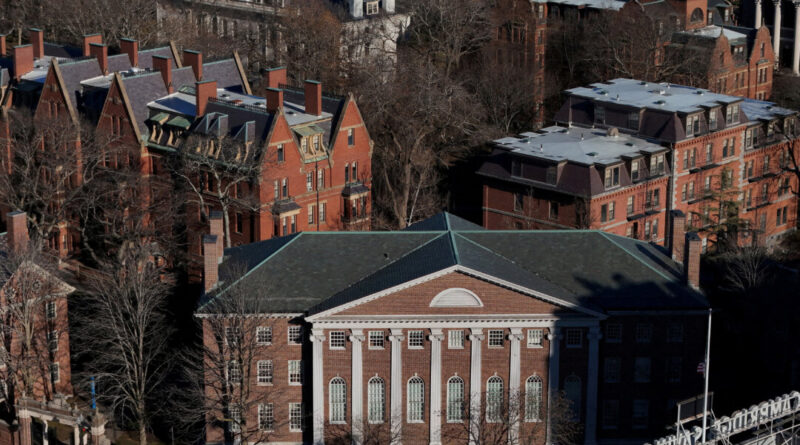Harvard Rejects Trump Administration’s Demands Related to $9 Billion in Federal Funding
The university has accused the federal government of attempting to impose ‘direct governmental regulation’ on its academic programs.
Harvard University has announced its refusal to conform to the Trump administration’s demands to dismantle diversity programs or limit student protests in return for continued access to federal research funding.
This declaration arises amid an escalating conflict between prestigious academic institutions and the federal government.
Proposed reforms include the termination of diversity, equity, and inclusion (DEI) initiatives, a prohibition on face coverings during protests, and adjustments to admissions and hiring processes that prioritize merit-based criteria over preferences based on race or gender. The letter also calls for full cooperation with federal agencies, including the Department of Homeland Security, and urges the university to pursue structural reforms and leadership changes to ensure long-term compliance.
On April 11, the three agencies sent Harvard another letter detailing a more comprehensive list of demands.
“The United States has invested in Harvard University’s operations because of the value it brings to the country through scholarly discovery and academic excellence. However, an investment is not an entitlement,” stated the letter. “It relies on Harvard adhering to federal civil rights laws and is only sensible if Harvard cultivates an environment that stimulates intellectual creativity and scholarly rigor—both of which are counterproductive to ideological capture.”
The administration demanded an audit of specific programs—particularly Harvard’s Center for Middle Eastern Studies—that allegedly “fuel anti-Semitic harassment or reflect ideological capture.” This audit must provide a report identifying any faculty members who “discriminated against Jewish or Israeli students” or “encouraged students to break Harvard’s rules” following the Hamas-led terror attacks on Israel on October 7, 2023, which led to significant campus protests across the United States.
The government indicated it would collaborate with Harvard to determine “appropriate sanctions” for such faculty members “within the scope of academic freedom and the First Amendment.”
While the initial letter sent on April 3 did not include a deadline, the follow-up on April 11 set a compliance deadline for August 2025.
Garber officially became president of Harvard last August after his predecessor, Claudine Gay, resigned amidst criticism over mistakes at a congressional hearing on anti-Semitism and several plagiarism allegations. He remarked that the “majority” of the demands represent “direct governmental regulation of the intellectual environment at Harvard.”
“We have informed the administration through our legal counsel that we will not accept their proposed agreement. The University will not negotiate its independence or constitutional rights,” Garber conveyed to students and faculty.
Harvard is not the only prestigious institution facing scrutiny from the administration regarding its management of anti-Semitism on campus and alleged infringements of federal anti-discrimination laws. Columbia University has undergone a similar review from a tri-agency group that has placed nearly $5 billion in federal funding at risk.
The White House did not immediately respond to a request for comment.




